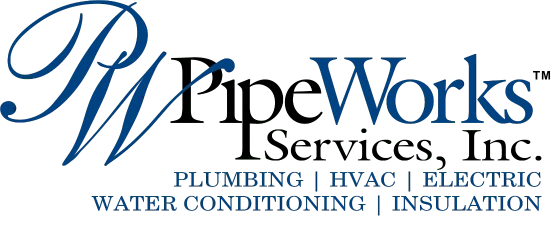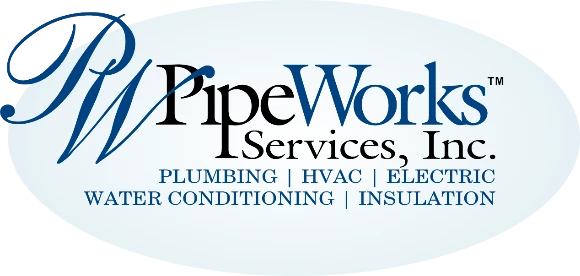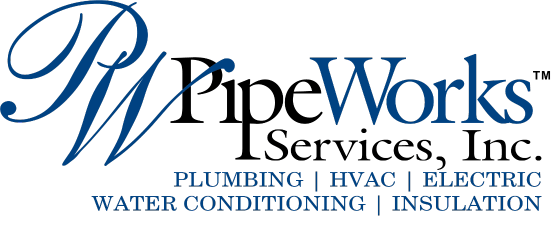Possible energy savings in heating and cooling systems entice many owners to make the switch to programmable thermostats. There are a few things you need to know when upgrading to a programmable thermostat. Ideally, temperatures should be consistent for 8 hours to save energy, for example, when sleeping or out of the house. By manually overriding the preset temperatures using the “hold” button, you end up using more energy because the system has to kick back on to increase or decrease temperatures. When the next pre-pre-programmed setting is due to come on, the override is canceled. Therefore, the unit should be easy to program and operate. Basic Features Programmable thermostats have digital screens. The screen shows the time, date, temperature, hold, menu, and so on. If this screen is difficult to read, it is more likely that an error in programming will occur. Users might misread the screen or opt for an override if the unit cannot be properly preset. Batteries Programmable thermostats either operate on batteries or battery backup. Much like a smoke detector, if the battery isn’t working, neither will the unit. Choose a model that comes with a battery change notification to avoid energy loss. “Smart” Units Some programmable thermostats come with adaptive recovery. This is like having an about in the thermostat: it constantly reads the temperature in the building and figures the amount of time it will take to cool or heat it, telling the unit when to “turn on” to reach the required preset temperature. The daily results of these “scans” are gathered and created into readable seasons, keeping the comfort level of your house at an optimum, when occupied and unoccupied. This results in increased energy savings – and savings for the homeowner. When upgrading to a programmable thermostat, the key to knowing which one to buy is knowing the right questions to ask beforehand, so you get the right product that fits your needs. Our goal is to help educate our customers about energy and home comfort issues (specific to HVAC systems). For more information about programmable thermostats and other HVAC topics, click here to download our free Home Comfort Resource guide. Pipe Works Services serves Chatham, NJ, and the surrounding areas. To get started, check out our website.
What You Need to Know When Upgrading to a Programmable Thermostat
February 1, 2011
2 min
WHETHER YOU NEED PLUMBING, HVAC, ELECTRICAL, OR HOME INSULATION SERVICES, CONTACT OUR TEAM TODAY.
CHOOSE PIPE WORKS SERVICES FOR ALL OF YOUR HOME SERVICES NEEDS IN CHATHAM, NORTHERN & CENTRAL NJ
Contractor ID: 13VH001214700, Plumbing License: #B10420, HVAC License: #19HC00015100, Electrical License: #34EB01890900
This site is protected by reCAPTCHA and the Google Privacy Policy and Terms of Service apply.
©2024 Pipe Works Services. All Rights Reserved. Privacy Policy.




